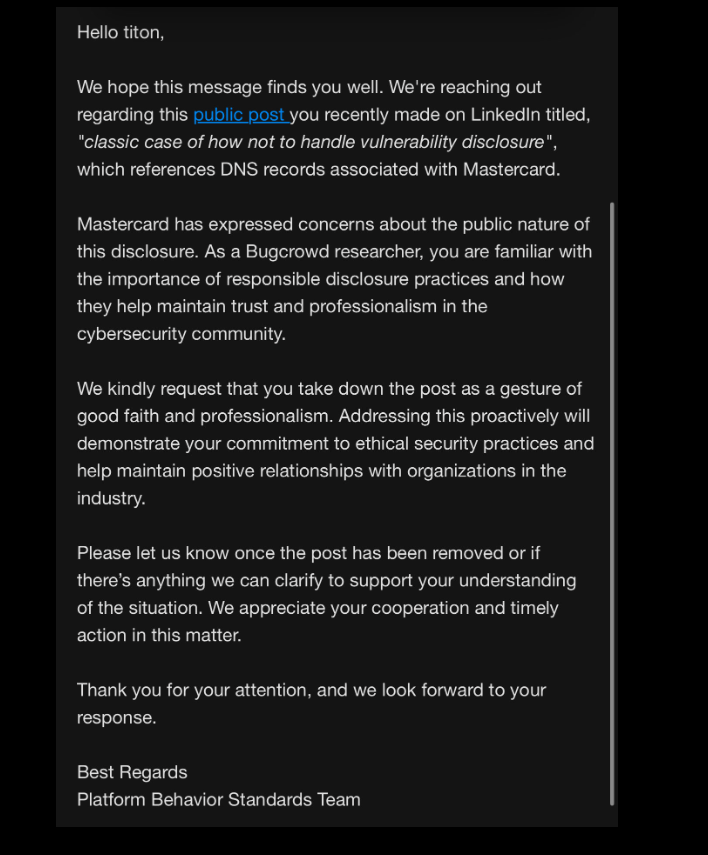Leading with Versatility: The Swiss Army Knife Mindset
Recently, on my podcast Unpacking the Backpack, I discussed the Swiss Army Knife as an analogy for effective leadership. Take a listen on Spotify or wherever you access your favorite podcasts. Inspiration for this episode came from a past blog post, which you can read HERE. I thought it might be a good idea to expand on the topic a bit more, as leadership groups I have been working with love the concept. In a disruptive world, effective leadership necessitates more than just authority or charisma. It demands a multifaceted approach, a "Swiss Army Knife" mindset, where leaders possess a diverse toolkit of skills and can seamlessly adapt to ever-changing circumstances (Avolio & Gardner, 2005). This versatile approach requires leaders to be agile, resourceful, and able to navigate ambiguity with confidence.The Swiss Army Knife, with its compact design yet remarkable functionality, serves as a powerful metaphor for effective leadership. Just as the knife's various tools can be deployed to address various challenges, effective leaders must possess a broad repertoire of skills and competencies. This includes strong communication and interpersonal skills, the ability to think strategically and solve problems creatively, emotional intelligence to understand and manage their own emotions and those of their team, and a deep understanding of their industry and the competitive landscape (Northouse, 2022).Furthermore, the Swiss Army Knife emphasizes the importance of adaptability and resourcefulness. Leaders must be able to quickly assess situations, identify the most appropriate tools to use, and effectively deploy them. This requires a degree of flexibility and the ability to think on their feet. For instance, a leader might need to shift from a directive style to a more collaborative approach depending on the team's needs and the specific challenges they are facing (Yukl, 2010).Cultivating a Swiss Army Knife mindset requires continuous learning and development. Leaders must be proactive in identifying and acquiring new skills, whether through formal training, mentorship, or self-directed learning. This might involve developing strong analytical skills, improving public speaking, or gaining a deeper understanding of emerging technologies. By constantly expanding their repertoire of skills and knowledge, leaders can better equip themselves to navigate the complexities of the modern business world and inspire high-performing teams (Avolio & Gardner, 2005).The Swiss Army Knife provides a valuable framework for understanding the multifaceted nature of effective leadership. By embracing a versatile approach, developing a diverse skillset, and cultivating a continuous learning mindset, leaders can enhance their adaptability, increase their impact, and ultimately achieve greater success.Avolio, B. J., & Gardner, W. L. (2005). Authentic leadership development: Getting to the root of positive forms of leadership. The Leadership1 Quarterly, 16(3), 321–338.Northouse, P. G. (2022). Leadership: Theory and practice. Sage Publications.Yukl, G. (2010). Leadership in organizations. Pearson Education.

Recently, on my podcast Unpacking the Backpack, I discussed the Swiss Army Knife as an analogy for effective leadership. Take a listen on Spotify or wherever you access your favorite podcasts. Inspiration for this episode came from a past blog post, which you can read HERE. I thought it might be a good idea to expand on the topic a bit more, as leadership groups I have been working with love the concept.
In a disruptive world, effective leadership necessitates more than just authority or charisma. It demands a multifaceted approach, a "Swiss Army Knife" mindset, where leaders possess a diverse toolkit of skills and can seamlessly adapt to ever-changing circumstances (Avolio & Gardner, 2005). This versatile approach requires leaders to be agile, resourceful, and able to navigate ambiguity with confidence.
The Swiss Army Knife, with its compact design yet remarkable functionality, serves as a powerful metaphor for effective leadership. Just as the knife's various tools can be deployed to address various challenges, effective leaders must possess a broad repertoire of skills and competencies. This includes strong communication and interpersonal skills, the ability to think strategically and solve problems creatively, emotional intelligence to understand and manage their own emotions and those of their team, and a deep understanding of their industry and the competitive landscape (Northouse, 2022).
Furthermore, the Swiss Army Knife emphasizes the importance of adaptability and resourcefulness. Leaders must be able to quickly assess situations, identify the most appropriate tools to use, and effectively deploy them. This requires a degree of flexibility and the ability to think on their feet. For instance, a leader might need to shift from a directive style to a more collaborative approach depending on the team's needs and the specific challenges they are facing (Yukl, 2010).
Cultivating a Swiss Army Knife mindset requires continuous learning and development. Leaders must be proactive in identifying and acquiring new skills, whether through formal training, mentorship, or self-directed learning. This might involve developing strong analytical skills, improving public speaking, or gaining a deeper understanding of emerging technologies. By constantly expanding their repertoire of skills and knowledge, leaders can better equip themselves to navigate the complexities of the modern business world and inspire high-performing teams (Avolio & Gardner, 2005).
The Swiss Army Knife provides a valuable framework for understanding the multifaceted nature of effective leadership. By embracing a versatile approach, developing a diverse skillset, and cultivating a continuous learning mindset, leaders can enhance their adaptability, increase their impact, and ultimately achieve greater success.
Avolio, B. J., & Gardner, W. L. (2005). Authentic leadership development: Getting to the root of positive forms of leadership. The Leadership1 Quarterly, 16(3), 321–338.
Northouse, P. G. (2022). Leadership: Theory and practice. Sage Publications.
Yukl, G. (2010). Leadership in organizations. Pearson Education.
What's Your Reaction?






























.jpg?width=1920&height=1920&fit=bounds&quality=80&format=jpg&auto=webp#)






















































